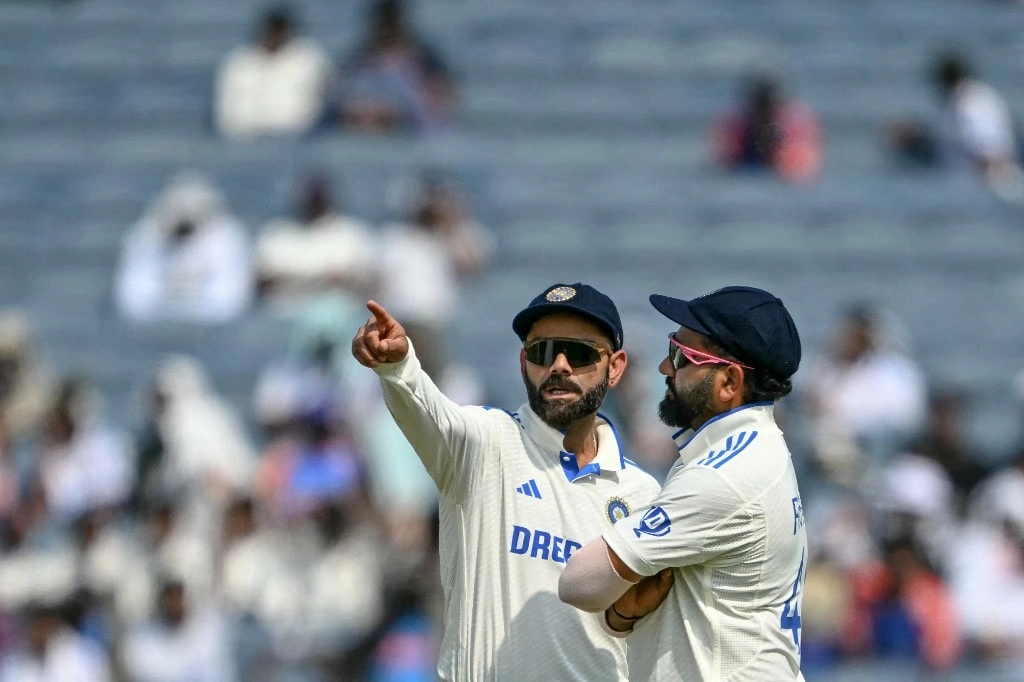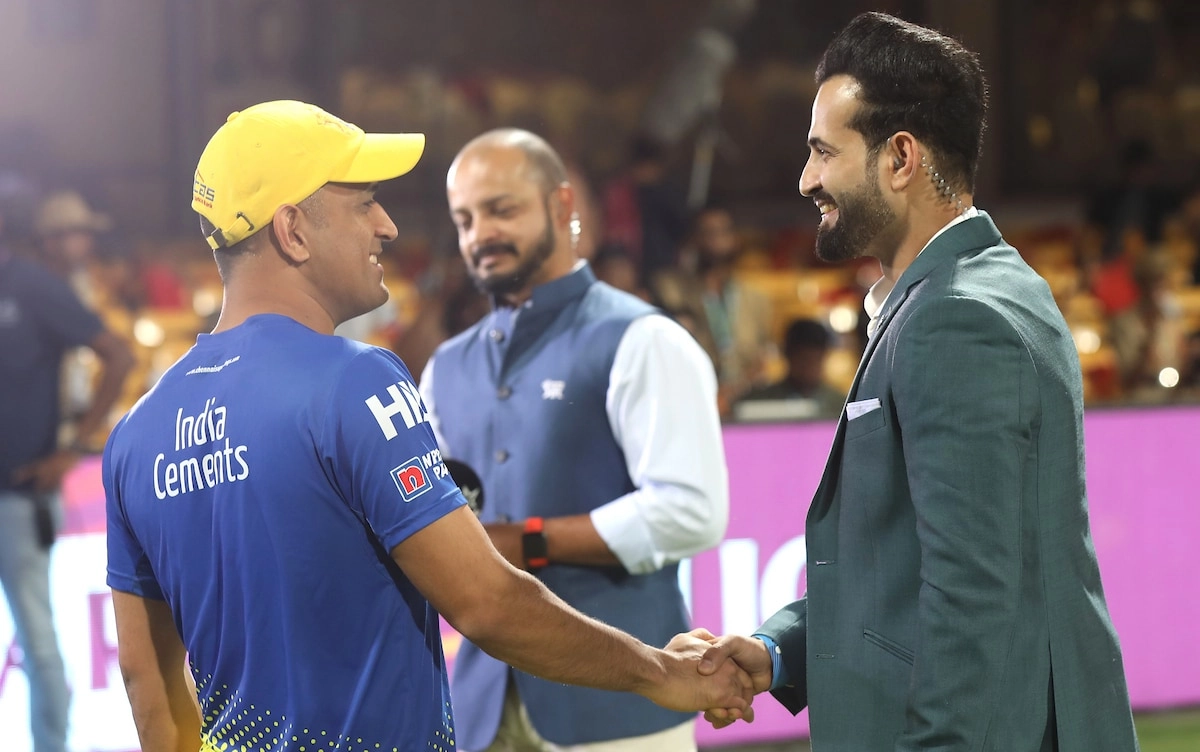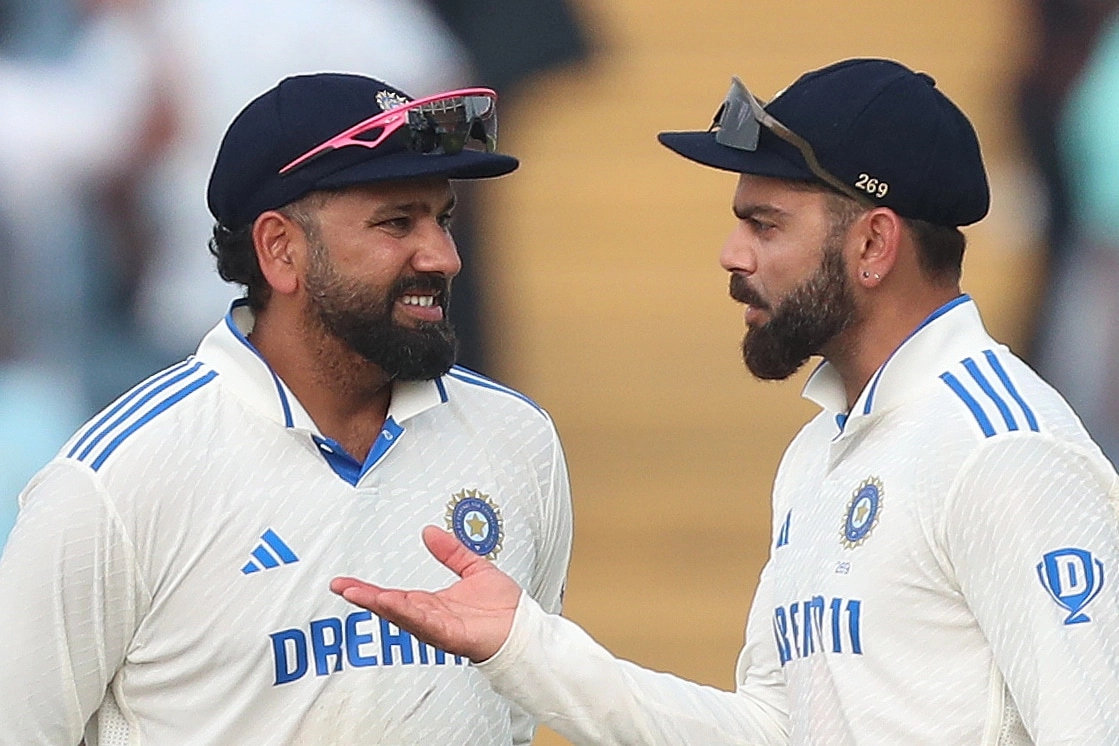There has been considerable speculation surrounding the Board of Control for Cricket in India (BCCI) and its stance on the potential retirements of two of the country’s most celebrated cricketers, Rohit Sharma and Virat Kohli. As both players approach the twilight of their illustrious careers, discussions have emerged regarding whether the BCCI has attempted to influence their decisions regarding retirement. Ajit Agarkar, a former cricketer and current member of the BCCI, recently weighed in on the matter, stating that the board is focused on the upcoming World Test Championship (WTC) cycle. His comments suggest that the BCCI is keen on maintaining a strong team composition and may prefer to retain the services of seasoned players like Sharma and Kohli for as long as possible.
Agarkar’s insights shed light on the complexities of managing player retirements within the context of national interests and team dynamics. The BCCI, being the governing body for cricket in India, undoubtedly recognizes the significance of having experienced players who can contribute not only with their skills but also by mentoring younger talent. The upcoming WTC cycle represents a critical phase for the Indian cricket team, as they aim to solidify their standing on the international stage. In this context, the board’s interest in retaining veteran players is understandable, as their experience and leadership can provide invaluable support during high-stakes matches.
Moreover, the relationship between the BCCI and its star players is multifaceted. While the board may express a desire to keep players like Rohit Sharma and Virat Kohli in the fold, the final decision rests with the players themselves. Both Sharma and Kohli have had illustrious careers, and their potential retirements would undoubtedly be influenced by personal considerations, including their physical fitness, performance levels, and long-term goals. The BCCI’s role, as articulated by Agarkar, seems to be more about ensuring a smooth transition and preparing for the future rather than exerting undue pressure on its players to delay retirement.
As the cricketing landscape evolves, the BCCI will have to navigate these dynamics carefully. The focus on the new WTC cycle indicates a proactive approach toward team building, which may entail encouraging veteran players to continue playing while also integrating emerging talents. This balance is crucial for the longevity and success of Indian cricket. Ultimately, the future of players like Rohit Sharma and Virat Kohli will depend on a combination of their personal aspirations and the strategic goals laid out by the BCCI, reflecting a shared commitment to the sport’s growth in India.




